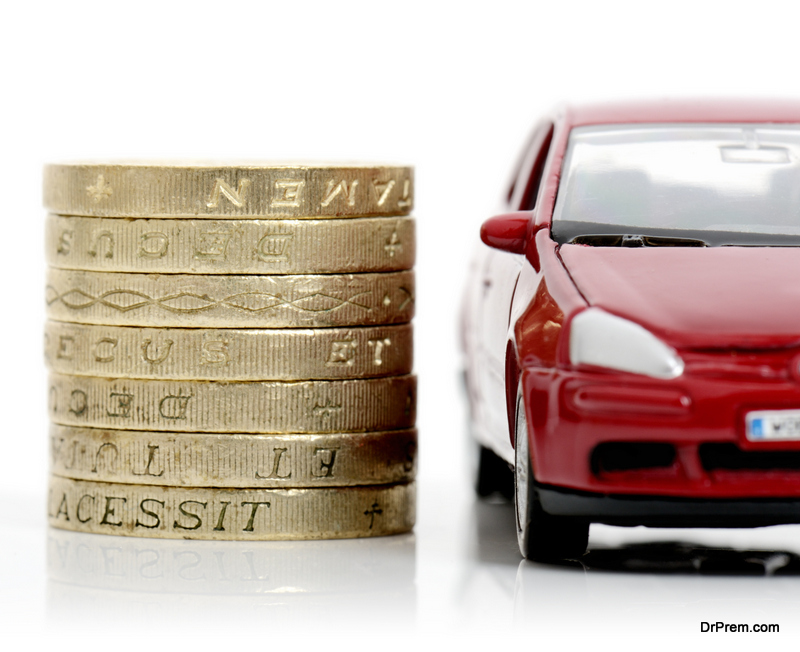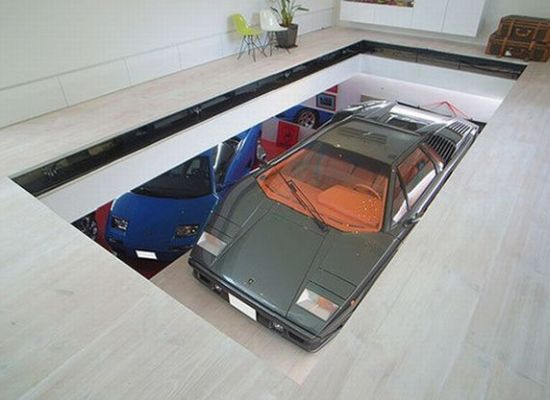Buying a new car is something you need to be careful of, no matter how many times you do it within your lifetime. Each time you get a new car, your priorities, needs, and wants can change with it, meaning the car you had isn’t going to necessarily be the next car you have. Here are some tips for purchasing a new car.
1. Decide on New or Used

Firstly, you need to make a decision on whether you buy new or used. There are always going to be advantages and disadvantages to both but it’s important that the car you have is something that’s going to suit your current situation. Buying a new car with cash or in one transaction is sometimes possible if you have the disposable money to do so, but not everyone can do that. Buying a car on finance is an option if you don’t mind paying out each month for a certain amount of time. With used cars, they tend to be a lot less, even if some are a brand-new vehicle. Anyone who buys a car at a dealership is always going to lose out compared to the person who buys a car second-hand. That’s because the cost of cars depreciates so much in such a short space of time.
2. Do Your Research
Research is necessary when it comes to shopping for a car to know exactly what it is you want and need. If you don’t have that much experience with cars, then it’s good to look at all the brands out there and then focus on what makes and models suit your needs. Vanity and the look of the car is an optional bonus that you look at after you’ve ticked off all the essentials. It shouldn’t be the thing that controls what car you shop for because then you’re allowing yourself to be swayed on essentials that you might need as a driver and the type of car you need for your lifestyle right now.
3. Check The Additional Costs Are Affordable

There are many additional costs that come with owning a car and that can be forgotten about when it comes to buying a car. Knowing what insurance to get and thinking about taxes when it comes to the road and other carbon emission costs are good totally up. Getting the best car insurance quote will make a difference. Think about any general maintenance that will need doing and the cost to get all of these done. Buying the car is one thing but then you have to be able to afford to run it on the road too.
4. Make A List of Wants and Needs
Your list of wants and needs should be written down and that should be done before you start shopping for a car. Knowing exactly what you want will help you from being disappointed with a purchase that maybe you hadn’t thought about enough. When you’re going into a car dealership or approaching someone who’s selling their old car, you want to make sure you’ve got your desires nailed down so that you can relay these to the person who is selling the car to you. If they can’t tick off everything on your list, then it’s time to look elsewhere.
5. Shop Around

Shop around when you buy your next car because there are so many places to buy nowadays, that it doesn’t need to just be a car dealership anymore. There are lots of online sites that advertise new and used cars, so do an extensive shop, rather than just going down the one path.
6. Always Do A Test Drive
Looking at the car from the outside and being told about its features is one thing but until you test drive it, you shouldn’t commit to anything that you’re unsure about. Always ask to do a test drive and if the person selling the car doesn’t offer you to test drive it, then you can take that as being suspicious. Be sure to take it for at least one spin, if not two if you have the time.
Purchasing a new car is always going to be costly, so make sure you’ve done your research and that you choose wisely.
Article Submitted By Community Writer




